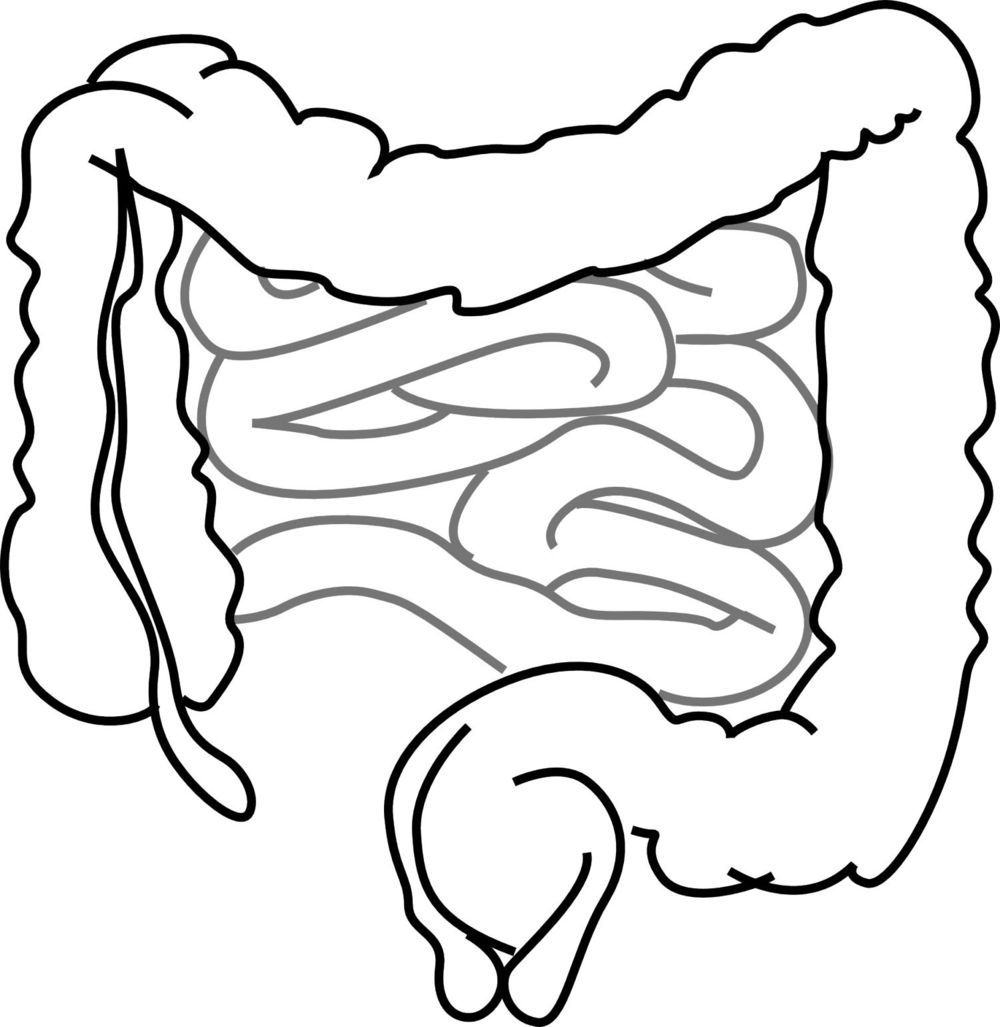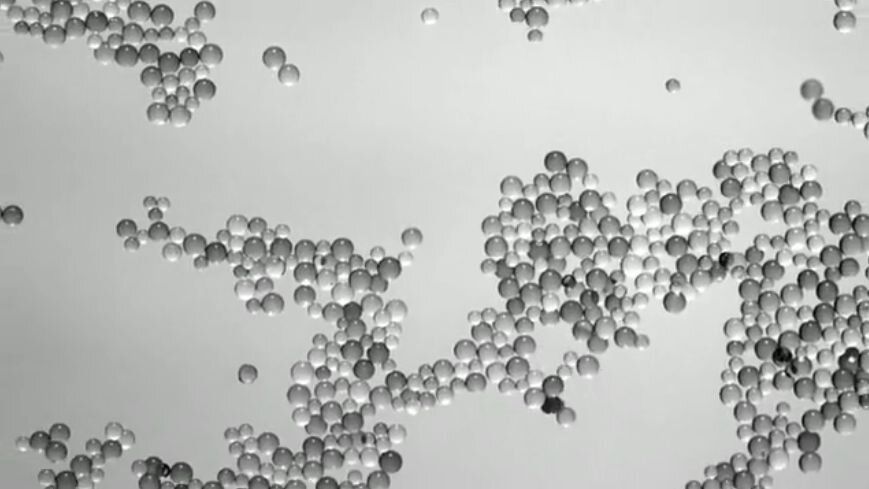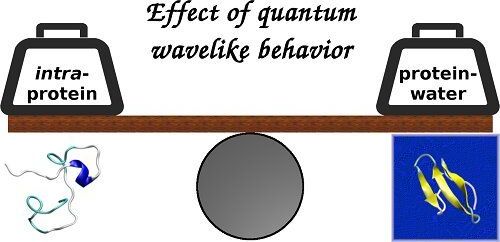Your brain is the orchestra that plays the symphony of your mental experience and your awareness, and that experience is your window on existence and on the universe. Our aim is to preserve, restore, and even improve your mental experience beyond the limits of biology. With dedication, scientific advances within our lifetimes may allow us to record the unique arrangement and responses of neurons and synapses that encode your memories, their active behavior, and ultimately to restore all of that in a neural prosthesis that seamlessly repairs a brain function, or a complete artificial brain. Some of this is still reminiscent of science fiction, but each challenge is well on its way to being a tractable technology problem supported by scientific evidence and understanding.
Category: biological – Page 179
If you’re interested in mind uploading, I have a book that I highly recommend. Rethinking Consciousness is a book by Michael S. A. Graziano, who is a Princeton University professor of psychology and neuroscience.
Early in his book Graziano writes a short summary:
“This book, however, is written entirely for the general reader. In it, I attempt to spell out, as simply and clearly as possible, a promising scientific theory of consciousness — one that can apply equally to biological brains and artificial machines.”
The theory is Attention Schema Theory.
I found this work compelling because one of the main issues in mind uploading is how do you make an inanimate object (like a robot or a computer) conscious? Graziano’s Attention Schema Theory provides a methodology.
After reading the book, be sure to read the Appendix, in which he writes:
“First, it serves as a tutorial on the attention schema theory. The underlying logic of the theory will be described in its simplest form. Second, I hope that the exercise will show engineers a general path forward for artificial consciousness.”
Could bile acids—the fat-dissolving juices churned out by the liver and gallbladder—also play a role in immunity and inflammation?
The answer appears to be yes, according to two separate Harvard Medical School studies published in Nature.
The findings of the two studies, both conducted in mice, show that bile acids promote the differentiation and activity of several types of T cells involved in regulating inflammation and linked to intestinal inflammatory conditions. They also reveal that gut microbes are critical for converting bile acids into immune-signaling molecules.
For your 2020 New Year’s resolutions, think about keeping the microbes that live inside your gut healthy. Look after them and they’ll look after you.
A team of mathematicians from the University of North Carolina at Chapel Hill and Brown University has discovered a new phenomenon that generates a fluidic force capable of moving and binding particles immersed in density-layered fluids. The breakthrough offers an alternative to previously held assumptions about how particles accumulate in lakes and oceans and could lead to applications in locating biological hotspots, cleaning up the environment and even in sorting and packing.
How matter settles and aggregates under gravitation in fluid systems, such as lakes and oceans, is a broad and important area of scientific study, one that greatly impacts humanity and the planet. Consider “marine snow,” the shower of organic matter constantly falling from upper waters to the deep ocean. Not only is nutrient-rich marine snow essential to the global food chain, but its accumulations in the briny deep represent the Earth’s largest carbon sink and one of the least-understood components of the planet’s carbon cycle. There is also the growing concern over microplastics swirling in ocean gyres.
Ocean particle accumulation has long been understood as the result of chance collisions and adhesion. But an entirely different and unexpected phenomenon is at work in the water column, according to a paper published Dec. 20 in Nature Communications by a team led by professors Richard McLaughlin and Roberto Camassa of the Carolina Center for Interdisciplinary Applied Mathematics in the College of Arts & Sciences, along with their UNC-Chapel Hill graduate student Robert Hunt and Dan Harris of the School of Engineering at Brown University.
Two physicists from the University of Luxembourg have now unambiguously shown that quantum-mechanical wavelike interactions are indeed crucial even at the scale of natural biological processes.
Quantum wavelike behaviour plays a key role in modern science and technology, with applications of quantum mechanics ranging from lasers and high-speed fiber communications, to quantum computers and photosynthesis in plants. A natural question is whether quantum wave phenomena could also be relevant for structure formation and dynamical processes in biological systems in living cells. This question has not been addressed convincingly up to now due to the lack of efficient quantum methods that are applicable to systems as large as whole proteins under physiological conditions (i.e. solvated in water and at room temperature).
Now writing in Science Advances, Prof. Alexandre Tkatchenko and doctoral researcher Martin Stöhr from the Department of Physics and Materials Science at the University of Luxembourg have investigated the folding process of proteins in water using a fully quantum-mechanical treatment for the first time. Protein folding is the physical process by which a chain of amino acids acquires its native biologically functional structure due to interactions between amino acids and the influence of surrounding water. A key novel finding of the present study is that the interaction between the protein and the surrounding water has to be described by quantum-mechanical wavelike behavior, which also turns out to be critical in the dynamics of the protein folding process.
The unique ability of cuttlefish, squid and octopuses to hide by imitating the colors and texture of their environment has fascinated natural scientists since the time of Aristotle. Uniquely among all animals, these mollusks control their appearance by the direct action of neurons onto expandable pixels, numbered in millions, located in their skin. Scientists at the Max Planck Institute for Brain Research and the Frankfurt Institute for Advanced Studies/Goethe University used this neuron-pixel correspondence to peer into the brain of cuttlefish, inferring the putative structure of control networks through analysis of skin pattern dynamics.
Cuttlefish, squid and octopus are a group of marine mollusks called coleoid cephalopods that once included ammonites, today only known as spiral fossils of the Cretaceous era. Modern coleoid cephalopods lost their external shells about 150 million years ago and took up an increasingly active predatory lifestyle. This development was accompanied by a massive increase in the size of their brains: modern cuttlefish and octopus have the largest brains (relative to body size) among invertebrates with a size comparable to that of reptiles and some mammals. They use these large brains to perform a range of intelligent behaviors, including the singular ability to change their skin pattern to camouflage, or hide, in their surroundings.
Cephalopods control camouflage by the direct action of their brain onto specialized skin cells called chromatophores, that act as biological color “pixels” on a soft skin display. Cuttlefish possess up to millions of chromatophores, each of which can be expanded and contracted to produce local changes in skin contrast. By controlling these chromatophores, cuttlefish can transform their appearance in a fraction of a second. They use camouflage to hunt, to avoid predators, but also to communicate.
Plants do have sentience they just need less to survive. Just look at the sci fi character groot. They may not seem like they are sentient but they show it in different ways because they are plants, not humans. Essentially they even give off radiation aswell their biology is so advanced that even today there are still mysteries unsolved. Many energy-sensitive people can feel their energy they emit and can intuitively know their needs. Even native Americans have even learned that they are superorganisms on earth and have found ways to bring their rain through a series of metaphysical triggers. The native Americans advanced wetware and spirit binds to the plants then allows for even a psychic link talking to the plant even on their level. The earth itself is said to be a superorganism. A lot of times on plant can be a psychic link between their vast universe of understanding but it takes plant intuitive people. Many legends have risen from plants being sentient even in modern-day. In my opinion, plants are just as complex as human beings because they require less energy to function. There is a comic in the series poison ivy that even made plant children in humanoid beings. I think this is a definite possibility just it is advanced wetware. But as we learn more about the quantum mechanical realm we will discover that plants may be more advanced than even our own biology. That why often we need to respect nature because it is actually sentient and we evolve with it. Someday we really could be tree people just it would take a long time to eventually make real. But it is a very real possibility.
For the first time plants have been recorded making sounds when stressed. The sounds differed when they were injured or thirsty, a finding that could help farmers.







